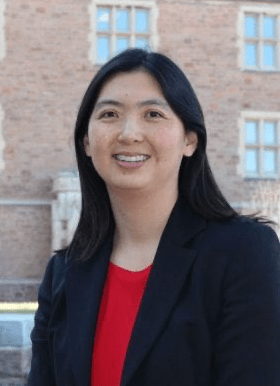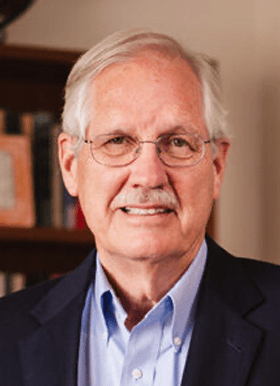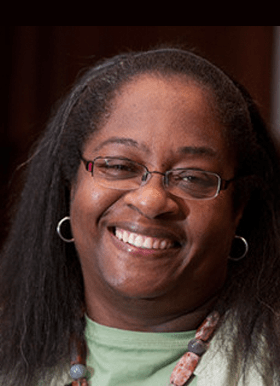
Michael Sherraden
NAI Director at Washington University in St. Louis
- Phone: 314-935-6691
- Email: sherrad@wustl.edu
Michael Sherraden, PhD, is the George Warren Brown Distinguished University Professor and Director of the Next Age Institute (NAI) and the Center for Social Development (CSD) at Washington University. Sherraden is also the inaugural S. R. Nathan Professor at the National University of Singapore (NUS).

Li Zou
NAI Co-Director at Washington University in St. Louis
- Phone: 314-935-3469
- Email: lzou@wustl.edu
Ms. Zou focuses on asset-building as a strategy for development of individuals, families, and communities. She has contributed to consulting and research efforts on asset-building policy and Child Development Accounts for governments in China, Hong Kong, Indonesia, and South Korea.

David Conner
NAI Advisory Committee
He is a trustee of Washington University in St. Louis where he serves as chairman of the Global Engagement Committee, the Medical Finance Committee and the International Advisory Council, and is a member of the Executive and Audit Committees.

James Wertsch
NAI Advisory Committee
- Phone: 314-935-9015
- Email: jwertsch@wustl.edu
James V. Wertsch is David R. Francis Distinguished Professor, Vice Chancellor for International Affairs, and Professor of Anthropology at Washington University in St. Louis. He is also the founding director of the McDonnell International Scholars Academy, which is Washington University’s lead international initiative.

Nancy Morrow-Howell
NAI Steering Committee
- Phone: 314-935-6762
- Email: morrow-howell@wustl.edu
Nancy Morrow-Howell is the Bettie Bofinger Brown Distinguished Professor of Social Policy and Director of the Harvey A. Friedman Center for Aging at Washington University. Dr. Morrow-Howell is a national leader in gerontology, widely known for her work on productive and civic engagement of older adults.

Peggie Smith
NAI Steering Committee
- Phone: 314-935-6406
- Email: prsmith@wulaw.wustl.edu
Peggie R. Smith is a leading scholar in the regulation of care work that occurs both inside and outside the home, including child care, home care, and elder care. She has published widely on issues such as home-based care work, work and family balance, parental-status employment discrimination, and elder care.